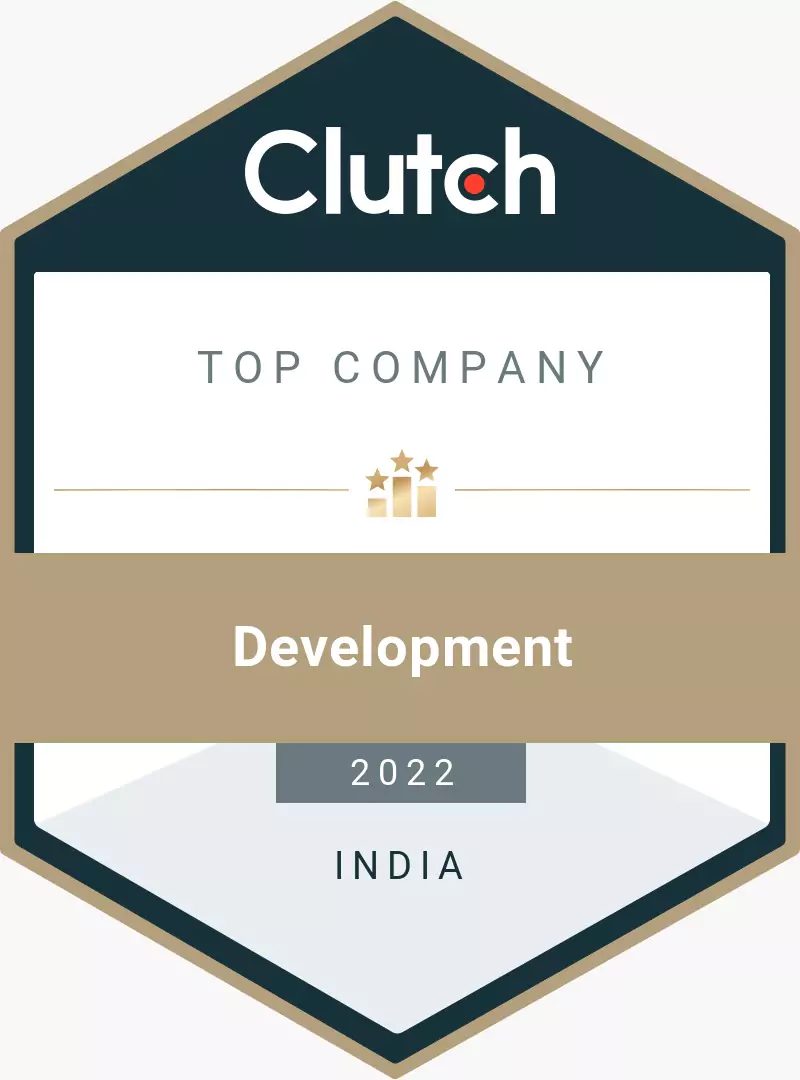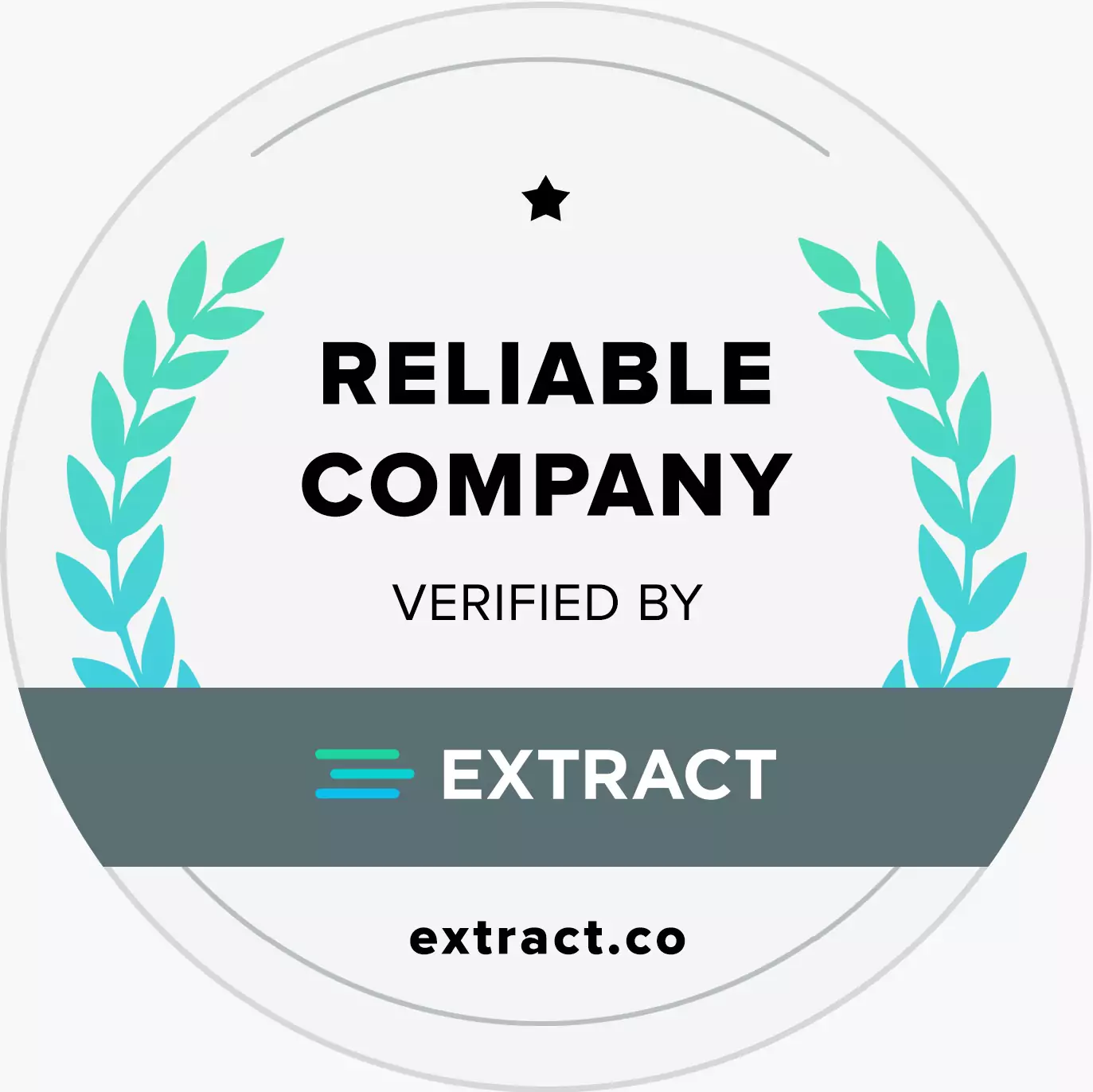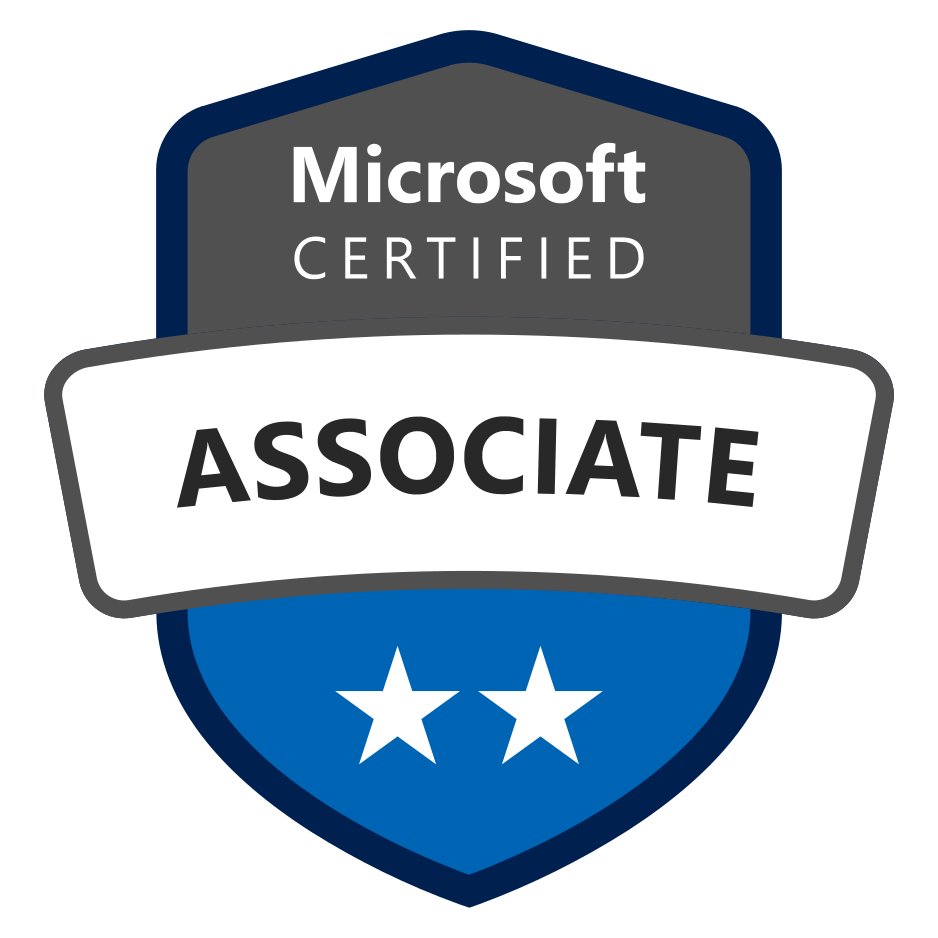Website Development Services
Maximize your digital potential with our expert website development services, delivering top-notch web applications that are user-friendly, scalable, and optimized for search engines.
Request a Quote
Expert Website Development Solutions
MVS's Website Development Methodology
Requirement Gathering
Development
Deployment
Design and Planning
Testing
Maintenance and Support
Expert Website Development Solutions
Our Website Development Services
Web Application Development
E-commerce Web Development
Website UI/UX Design
Custom Website Development
Content Management Systems
Back-end development
Responsive Web Design
Front-end development
Website Maintenance and Support
Get Connected Now!
Consult for Your
Website Development Project
Unleash your online potential with our website development expertise.
Your Website Development Partner
Top Reasons for Choosing MVS for Website Development
Expertise in Web Development
Responsive Designs
Excellent Customer Support
Customized Solutions
Quality Assurance
Strong Portfolio
Cutting-Edge Technologies
Timely Delivery
Client Satisfaction
Your Questions Answered (FAQ)
Website Development Services-FAQ
Q. What is web app development?
Web app development is the process of creating web applications that can be accessed through the internet using a web browser or a mobile device. These apps are developed using programming languages, frameworks, and libraries to provide users with a seamless and responsive experience.
Q. What programming languages does MVS use for web app development?
MVS uses a variety of programming languages for web app development, including but not limited to HTML, CSS, JavaScript, PHP, and Python.
Q. What are front-end technologies used in web app development?
Front-end technologies are used to build the user interface and user experience of a web application. Some commonly used front-end technologies are HTML, CSS, JavaScript, jQuery, AngularJS, ReactJS, and Vue.JS.
Q. What are back-end technologies?
Back-end technologies are the tools and frameworks used to create the server-side functionality of a web application, including database management, user authentication, and business logic. Common back-end technologies include programming languages like Joomla, Java, Python, and PHP, as well as frameworks like Node.js, Django, Laravel, OpenCart, Magento, and WordPress.
Q. What types of web apps does MVS develop?
MVS develops a wide range of web apps, including but not limited to e-commerce sites, social media platforms, content management systems, and custom software solutions.
Q. What is the difference between front-end and back-end development?
Front-end development is focused on building the user interface and user experience of a web application, while back-end development is focused on managing the server side of a web application. Both front-end and back-end technologies work together to create a complete web application.
Q. What is responsive web design?
Responsive web design is an approach to web design that focuses on building websites that can adapt to different screen sizes and devices. This ensures that users have a seamless experience regardless of the device they are using to access the website.
Q. How long does it take to develop a web application?
The time it takes to develop a web application depends on the complexity of the project, and the number of features required. A simple web application can be developed in a few weeks, while a more complex application can take several months to a year or more.
Q. What is the MVS pricing model for web app development?
MVS pricing model for web app development is based on the scope and complexity of the project. We provide a detailed project proposal and cost estimate to our clients before starting development.
Q. What is the MVS development process for web applications?
The MVS development process typically involves several stages, including discovery and planning, design and prototyping, development and testing, deployment, and ongoing maintenance. MVS work closely with our clients throughout the process to ensure their needs and goals are met at every stage.
Q. Does MVS provide maintenance and support for web applications after they are launched?
Yes, MVS offers ongoing maintenance and support services for our web applications to ensure they continue to function optimally over time. This may include security updates, bug fixes, and feature enhancements as needed.
Q. Can MVS integrate our web application with third-party services or APIs?
Yes, MVS has experience integrating web applications with a wide range of third-party services and APIs, including popular platforms like Salesforce, Shopify, and Stripe, as well as custom integrations with specific software systems.
Q. How does MVS ensure the security of web applications?
MVS takes security very seriously and implements a range of best practices to ensure the safety and privacy of our client's data. This may include data encryption, user authentication, and access control, regular security audits, and more.
Q. Can MVS develop web applications that are optimized for mobile devices?
Yes, MVS can create web applications that are optimized for mobile devices using responsive design techniques, which allow the app to adjust its layout and functionality based on the user's device and screen size.
Q. What is front-end development?
Front-end development is the process of creating the user-facing portion of a website or application. It involves writing code in HTML, CSS, and JavaScript that determines how the website or application looks and behaves for users.
Q. What are the most popular front-end development technologies?
The most popular front-end development technologies include HTML, CSS, JavaScript, React, Angular, and Vue.js.
Q. What is a front-end framework?
A front-end framework is a pre-built set of tools, components, and libraries used to simplify and speed up the front-end development process. Examples of popular front-end frameworks include Tailwind, Bootstrap, Foundation, and Materialize.
Q. What is responsive design?
Responsive design is a design approach that ensures that a website or application is optimized for different devices and screen sizes, such as desktops, laptops, tablets, and smartphones. It involves using CSS media queries and flexible grid systems to adapt to different screen sizes.
Q. What is version control?
Version control is a system for managing changes to files over time. It allows developers to keep track of changes, collaborate with others, and revert to previous versions if necessary. Popular version control systems for front-end development include Git and SVN.
Q. What is the development process followed by MVS?
Our agency follows an agile development process that involves regular client communication, wireframing, design, development, testing, and deployment. We ensure that the project is delivered on time and within budget.
Q. What is the role of a front-end developer in web development?
Front-end developers are responsible for designing and developing the user interface (UI) of a website or application using HTML, CSS, and JavaScript. They work closely with UX designers, back-end developers, and project managers to ensure the final product meets client requirements.
Q. What is cross-browser compatibility?
Cross-browser compatibility is the ability of a website to function and display consistently across different web browsers, such as Chrome, Firefox, and Safari.
Q. What is web accessibility?
Web accessibility is the practice of designing and developing websites that can be used by people with disabilities. This includes making sure the website is usable by people with visual, auditory, motor, and cognitive impairments.
Q. What is Backend Development?
Backend Development is the process of building the server side of a website or web application. It includes creating and maintaining the database, server-side logic, and APIs that communicate with the front end.
Q. Why is backend development technology important for my business?
Backend development technology is essential for your business because it is responsible for handling the data processing and storage, security, and overall performance of your website or application. It helps ensure that your website or application is efficient, secure, and scalable.
Q. What is PHP?
PHP is a server-side scripting language that is widely used for web development. It is popular because it is easy to learn, has a large developer community, and is supported by most web hosting providers.
Q. What is the difference between a programming language and a framework?
A programming language is a set of instructions that are used to create software applications, whereas a framework is a collection of tools, libraries, and conventions that help developers build software applications more quickly and efficiently.
Q. What is an API?
An API (Application Programming Interface) is a set of protocols and standards used for building and integrating software applications. It allows different applications to communicate with each other.
Q. What is RESTful API?
RESTful API is a type of web service that uses the HTTP protocol to allow different software systems to communicate with each other. It follows a set of constraints and principles that make it easy to use, scalable, and maintainable.
Q. What is Cloud Computing?
Cloud computing is the delivery of computing services, including servers, storage, databases, networking, software, analytics, and intelligence, over the internet.
Q. Which Cloud services are popular for backend development?
Some popular cloud services used for backend development are Amazon Web Services (AWS), Microsoft Azure, Google Cloud Platform (GCP), and IBM Cloud.
Q. What is a Framework?
A framework is a set of pre-written code that can be used to build software applications. It provides a structure for developers to create their applications.
Q. What are the benefits of using Backend Development Technologies?
Benefits of using Backend Development Technologies include faster development, scalability, security, and better performance. They also allow for the creation of APIs that can be used by different clients, such as mobile apps and other web applications.






